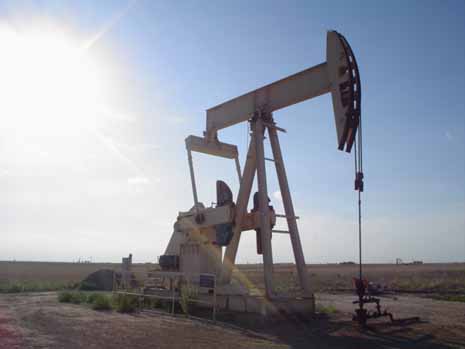The 40-year ban on the export of American crude oil is over. On December 18, 2015, by a vote of 65-33, the U.S. Senate approved a deal to fund the federal government for 2016, which included a provision repealing the crude oil export ban.
Big Oil, especially companies involved in fracking in the United States, has been instrumental in pushing for repeal. One of the biggest proponents was Continental Resources CEO Harold Hamm. Hamm, who has been called “the man who bought North Dakota” due to his immense mineral interests in North Dakota’s Bakken formation, realized that if export was possible, more oil could be extracted.
What led up to the repeal?
Starting in 2013, Hamm lobbied members of Congress to repeal the ban and sponsored conferences across the country to get other oil producers and the public to support ending the crude oil export ban. Hamm’s push became politically viable when he gained the support of North Dakota Democrat Heidi Heitkamp, and after publication of several economic studies claiming that repealing the ban would not impact the economy or gas prices.
Though the studies may have some truths, critics cited flawed assumptions that lead to the findings. Critics of repeal efforts, which included labor, environmentalists, and manufacturers, pointed to the loss of jobs and the environmental impact of increased drilling as reasons to oppose repeal of the ban.
In the end, several Democrats supported the budget deal, which resulted in the repeal of the ban on crude oil exports. Many Democrats justified their votes because, in repealing the ban on crude oil export, they also extended the Production Tax Credit (PTC) for wind and solar energy. Though extending the PTC is good, giving the U.S. oil and gas the power of export likely far outweighs the benefits of the PTC.
How did Senators in the WORC region vote?
In the WORC region, six Senators voted in favor of repealing the ban, while eight Senators voted against repealing it. In the states where fracking is widespread – North Dakota, Colorado, Montana, and Wyoming – the vote was 5-3 in favor of the repealing the ban. The North Dakota and Colorado Senators voted in favor. The Wyoming Senators split their votes, and the Montana Senators opposed repeal. It must be noted that the overall vote was on the end of the year appropriations bill and no votes could have resulted from other elements of the appropriations bill.
Montana was an outlier in the fracking states, largely because its portion of the Bakken is small. It is likely that influence from the oil refiners and labor in Montana may have swayed the Montana delegation to vote against repealing the ban. But, it also must be noted that Sen. Tester’s and Sen. Daines’ no votes could have been due to other factors in the appropriation bill.
In states where fracking is not widespread – South Dakota, Idaho, and Oregon – the vote was 5-1 against repealing the ban. South Dakota was split, while Senators from both Idaho and Oregon voted against the repeal. Many Oregonians oppose proposed oil export terminals on the Oregon coast and the Columbia River Gorge. Right now, Portland is mulling whether or not to ban fossil fuel infrastructure altogether.
To see more about how your Senators voted, visit: Roll call vote.
Big Oil wins. Landowners, communities, and climate lose.
Though wind and solar projects got tax credits, the winner is Big Oil. With the repeal of the ban, Big Oil can drill more in the west and make record profits from the region. More drilling means more impacts to the climate, family farms, landowners, and communities as well as more pipelines and explosive oil trains running through our communities.
Read more oil and gas stories here.
Read more:
Colorado Oil and Gas Activists Hopeful, Despite Ballot Defeat
Fracking Cover-Up Continues Groundwater Contamination Disaster in Pavillion, Wyoming
WORC Files Injunction to Stop Secret Royalty Policy Committee Meetings


